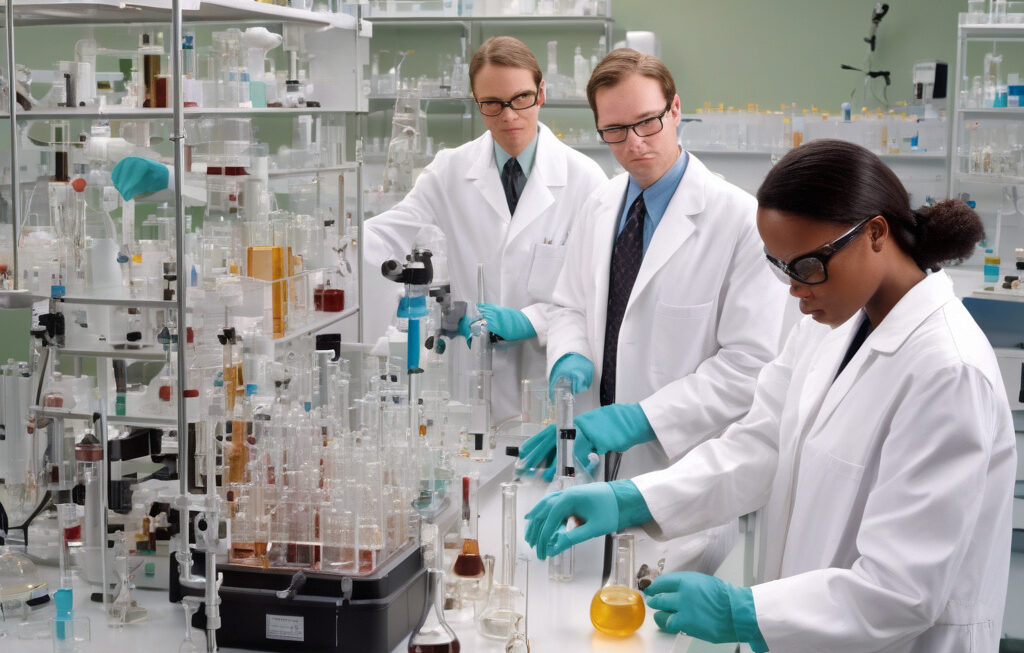Cooling systems are a staple in our modern lives, providing much-needed comfort during scorching summers or in hot climates. However, the convenience of air conditioning comes with a hidden cost – the environmental impact of the refrigerants used in these systems. The harmful gases emitted by traditional air conditioners contribute to global warming and deplete the ozone layer, posing a significant threat to the planet’s delicate ecosystem.
In response to this pressing issue, scientists in the UK have been at the forefront of developing innovative leak-proof technology that has the potential to revolutionize the cooling industry. This groundbreaking technology aims to replace the harmful gases currently used in air conditioners with a more sustainable and eco-friendly alternative.
The traditional refrigerants, such as hydrofluorocarbons (HFCs) and chlorofluorocarbons (CFCs), have been identified as major contributors to climate change due to their high global warming potential. As these gases escape from AC systems, they trap heat in the atmosphere, leading to the notorious greenhouse effect. Moreover, some of these refrigerants also harm the ozone layer, which shields the Earth from harmful ultraviolet radiation.
Recognizing the urgent need to address these environmental concerns, scientists have been working tirelessly to develop leak-proof technology that can contain the refrigerants within the cooling systems. By preventing the escape of these harmful gases, the new technology not only reduces the environmental impact of air conditioners but also enhances their efficiency and lifespan.
One of the key advantages of the leak-proof technology is its durability and reliability. By ensuring that the refrigerants remain contained within the AC system, the technology minimizes the risk of leaks and reduces the need for frequent maintenance and recharging. This not only translates to cost savings for consumers but also decreases the overall environmental footprint of air conditioning units.
Moreover, the use of sustainable refrigerants in conjunction with leak-proof technology represents a significant step towards mitigating climate change and protecting the ozone layer. These eco-friendly alternatives have a lower global warming potential and do not pose a threat to the ozone layer, making them a safer and more sustainable choice for cooling systems.
In addition to its environmental benefits, the new leak-proof technology also holds promising implications for the future of the cooling industry. By setting a new standard for efficiency and sustainability, this technology has the potential to drive innovation and inspire further advancements in air conditioning design and manufacturing.
As the demand for air conditioning continues to rise globally, especially in the face of increasing temperatures and heatwaves, the development of leak-proof technology represents a critical milestone in the quest for sustainable cooling solutions. By harnessing the power of innovation and science, UK scientists are paving the way for a greener and more environmentally conscious future.
In conclusion, the testing of unusual leak-proof technology by UK scientists signals a positive shift towards more sustainable and eco-friendly cooling solutions. By addressing the environmental impact of traditional air conditioners and offering a viable alternative, this technology has the potential to reshape the cooling industry and contribute to global efforts to combat climate change.
air conditioning, sustainability, refrigerants, leak-proof technology, climate change












